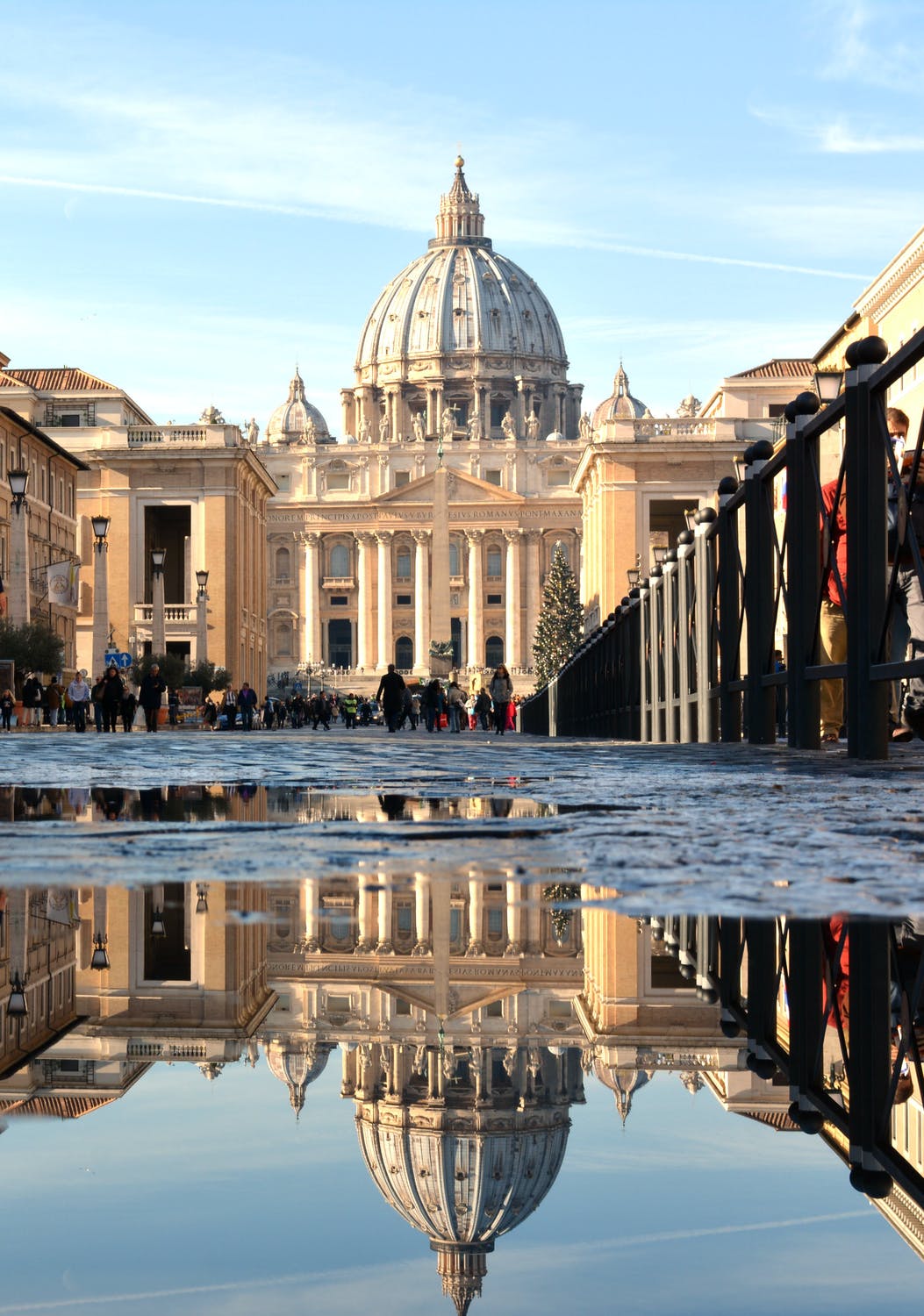Crossposted from Reflections Journal.
***TRIGGER WARNING***
On March 29th, Pope Francis took the unprecedented step of making Vatican City officials and diplomats
mandated reporters of sexual abuse. Reminder: It is now the year of our Lord 2019.
The edict, called a Motu Proprio and which goes into effect on June 1, comes after an international summit of church leaders convened at the Vatican in February to address the abuse and protection of minors. It is the first set of concrete protocols established by the Holy See in response to the sexual abuse scandals that have rocked the Roman Catholic Church to its core.
But the Church was "rocked to its core" in January of 2002, when the
Boston Globe ran a
groundbreaking expose in its "Spotlight" section. That was when whispers, rumors, and dark humor became full-blown, public scandal. The Church hierarchy
had known about the problem at least as early as 1985 when Father Thomas Doyle tried to sound an alarm at the US conference of bishops. His warning was ignored, as those same bishops continued to quietly move pedophile priests from diocese to diocese. For an organization "rocked to its core," it sure is taking its sweet time in taking any meaningful action. And this edict, appropriate as it may be, is not particularly meaningful. It's
mostly symbolic, governing only Vatican personnel, and intended as "a model," not a directive, for the wider Church.
The decree and accompanying guidelines have no legal impact on parishes or congregations in other nations. Archbishop Charles Scicluna said in an interview with Vatican News that the edicts "are not intended to be for the rest of the world, they actually contemplate the concrete situation of Vatican City State; a number of minors, who either live there, work there, or visit ... always within its jurisdiction."
The Vatican's editorial director, Andrea Tornielli, acknowledged "very few children" will ultimately be affected but said that while the edict is limited in scope, the pope wants it to serve as a model for the entire church. The new requirements "contain exemplary indications that take into account the most advanced international parameters."



















